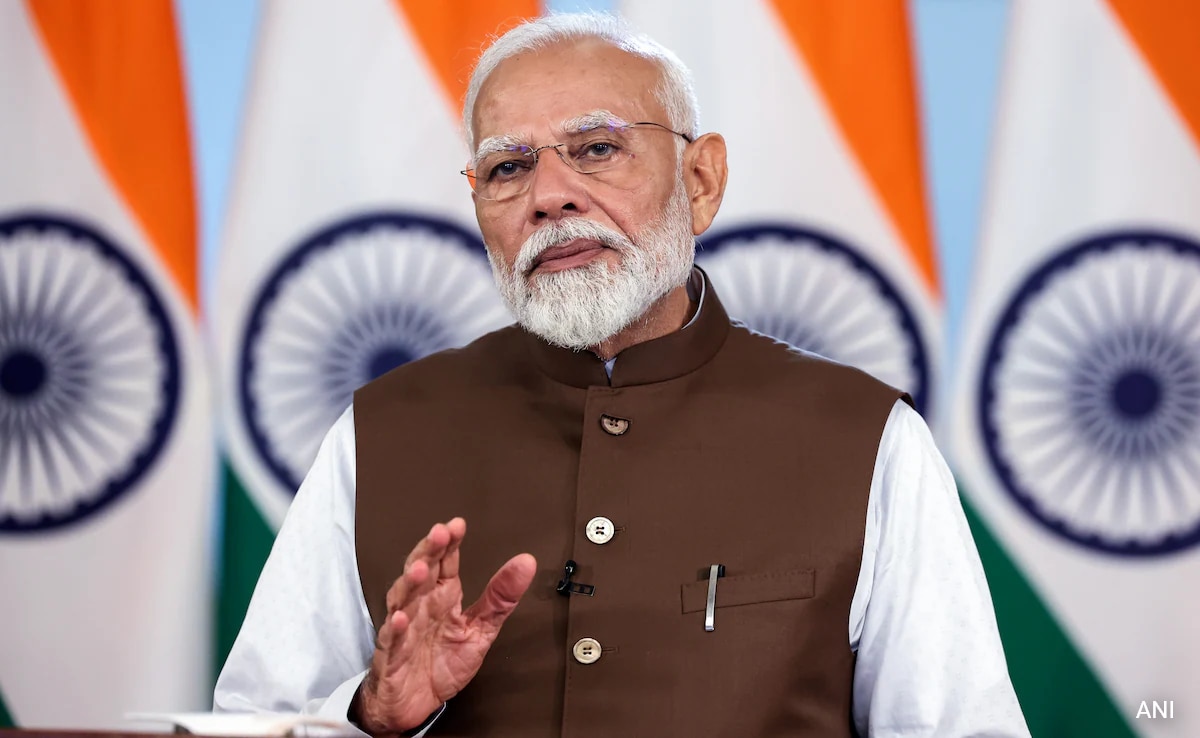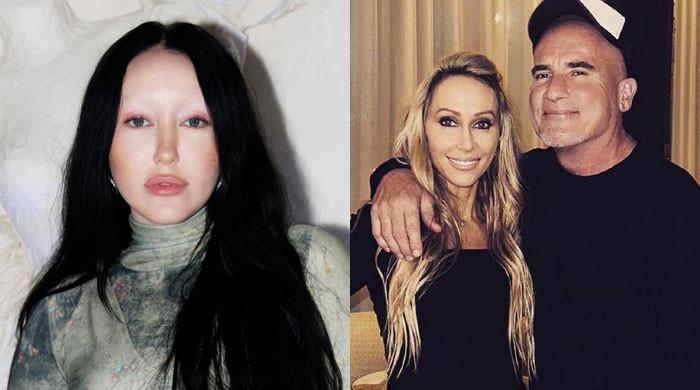
The Hong Kong government recently concluded a month-long public consultation period last week on a controversial new national security law, which the city’s two major journalists’ associations said would have a “profound” impact on journalists’ ability to do their jobs.
The proposed law, known locally as Article 23, would be an expansion of the national security law Beijing imposed on Hong Kong in 2020, which outlaws secession, subversion, terrorism and collusion with foreign powers.
It would add the crimes of treason, rebellion, theft of state secrets and espionage, sabotage endangering national security and external interference, and would expand the scope and penalties of existing crimes, including sedition.
As part of the consultation process, both parties, in their submissions to the Security Bureau Hong Kong Journalists Association or HKJA and FCCHK or foreign correspondents clubThere are about 300 journalists in Hong Kong each, urging the government to include a public interest defense clause in the new law to protect journalists on the grounds that they may inadvertently break the law in their reporting if they do not intend to break the law. news.
FCCHK, which has more than 2,000 members including diplomats, businessmen, artists and others who support journalism, said doing so was “vital” and urged the government to “prioritize press freedom and make it clear that journalists are not will be the target of their work.”
The Hong Kong Journalists Association urged the government to “provide adequate protection for the press in the draft bill to avoid irreparable damage to press freedom.”
The two associations said that the definition and scope of crimes such as theft of state secrets, foreign interference and sedition in the upcoming legislative consultation document are too broad and will affect the legitimate work of journalists.
The groups fear journalists could be accused of stealing state secrets when they obtain leaked information from government sources, be accused of inciting foreign interference when citing overseas groups critical of the government, and be viewed as criminal suspects when citing government critics or publishing editorials critical of government policies. To incite rebellion.
While the government says it will try to strike a balance between protecting national security and protecting freedoms, including press freedom, journalists’ associations worry this could be applied subjectively.
The Hong Kong Journalists Association wrote that the government “has provided no further explanation on what is ‘necessary to safeguard national security'” and expressed “concerns that this will give the Security Bureau unfettered powers to curb national security operations.” . Local news organizations or industry groups do not need to submit evidence to the court or even make public their reasons. ”
The association also recommended that the law be applied only if the government can prove that the defendant intended to endanger national security and cause actual material harm to national security.
In a survey conducted last month, all 160 journalists and other news media respondents said Article 23 would harm press freedom, with 90% saying it would have a significant impact.
Most respondents also agreed that the scope and terminology of the proposed law are too broad and vague, and expressed concern that they would inadvertently violate the law.
The Hong Kong government has praised the national security law Beijing imposed on Hong Kong in 2020 for restoring security and order in the city, which was rocked by widespread and sometimes violent pro-democracy protests in 2019.
Passing the proposed additional homeland security law is also necessary, the report said, as Hong Kong faces lingering national security threats and must prevent the recurrence of protests to ensure its security and prosperity.
The government has released statement Last Wednesday he said the vast majority of those who commented on the proposal supported it, adding that it was “pleased that there has been consensus in society to get the legislation completed at the earliest opportunity”.
It hopes to pass the law later this year.
The Security Bureau did not respond to VOA’s request for comment on journalists’ concerns, but said in a previous response that “Hong Kong residents enjoy freedom of press and expression” but that these freedoms “are not absolute and can be restricted” for reasons including based on The International Covenant on Civil and Political Rights protects national security and other reasons. “
Journalists, like everyone else, have an obligation to obey all laws, the report said.
Media watchdog Reporters Without Borders said in its annual World Press Freedom Index released last year: Hong Kong ranks 140th 180 countries and regions.
Despite what many see as increasing restrictions on journalism in Hong Kong, those still working in the industry are continuing to do their jobs, including holding the government accountable, albeit more cautiously.
At a press conference held last week by Financial Secretary Paul Chan Mo-po, who presented a new budget for next fiscal year with a ballooning deficit and lower-than-expected government revenue, reporters asked him tough questions .
One person asked the wisdom of holding monthly fireworks displays on Hong Kong’s famed Victoria Harbor, which cost about $128,000 each time.
Chen said these are much cheaper and smaller than New Year fireworks and would attract tourists to stay overnight and spend more money.
Other reporters asked why social welfare spending and fiscal subsidies for residents have not been increased since the economy has not fully recovered from the COVID-19 pandemic.
Chen said it is more important to focus spending on stimulating economic growth so that everyone benefits.
Another reporter asked two questions in a row and was about to ask a third question when Chen asked, “Can I answer the first two questions first?” The reporter insisted that she had informed him in advance that she would ask three questions. . He quietly let her ask the question.
Independent media were still able to publish reports on sensitive topics, including a roundup of events since the national security law was passed, highlighting the jailing of a senior activist over protests that did not take place and the removal of the national security law. Canceled art performances. National security issues.
The associations say it is vital that Hong Kong media can do all this and more.
The Hong Kong Journalists Association emphasized in its opinion that “the press does not pose a threat to national security.
“Journalism helps increase transparency in public governance and promotes good governance,” it said.
The Foreign Correspondents Club said in the letter: “Freedom of press, publication and freedom of expression is one of the cornerstones of Hong Kong’s success. … Protecting these rights and freedoms … is critical to maintaining Hong Kong’s status as an international business and media center.”
It remains to be seen whether the government will adopt their suggestions.
Follow us on Google news ,Twitter , and Join Whatsapp Group of thelocalreport.in
















